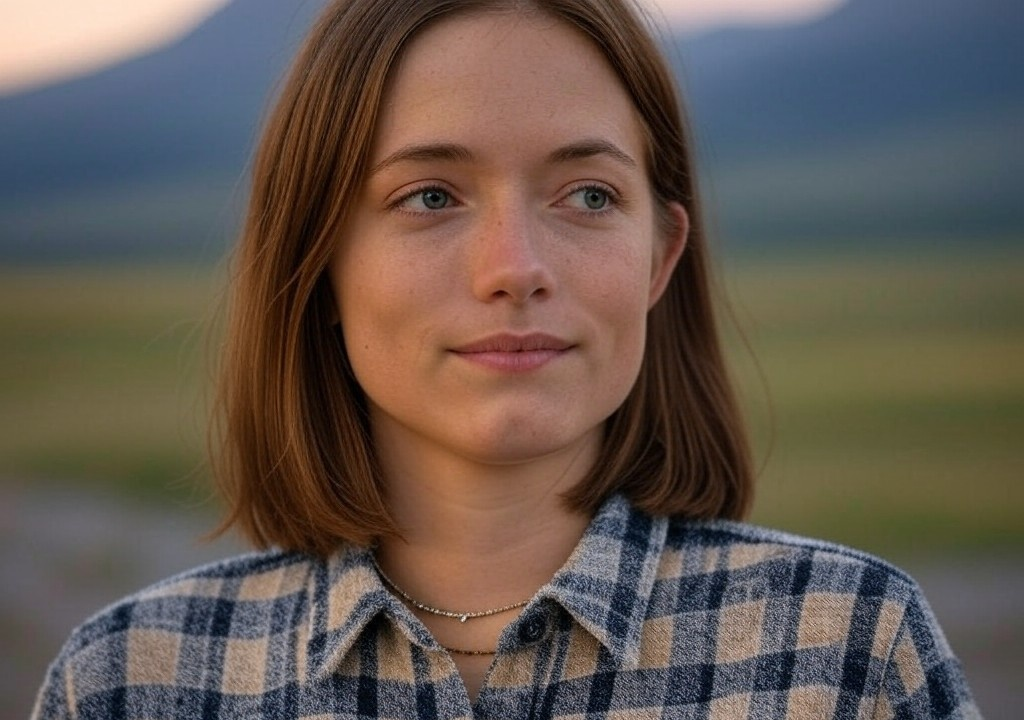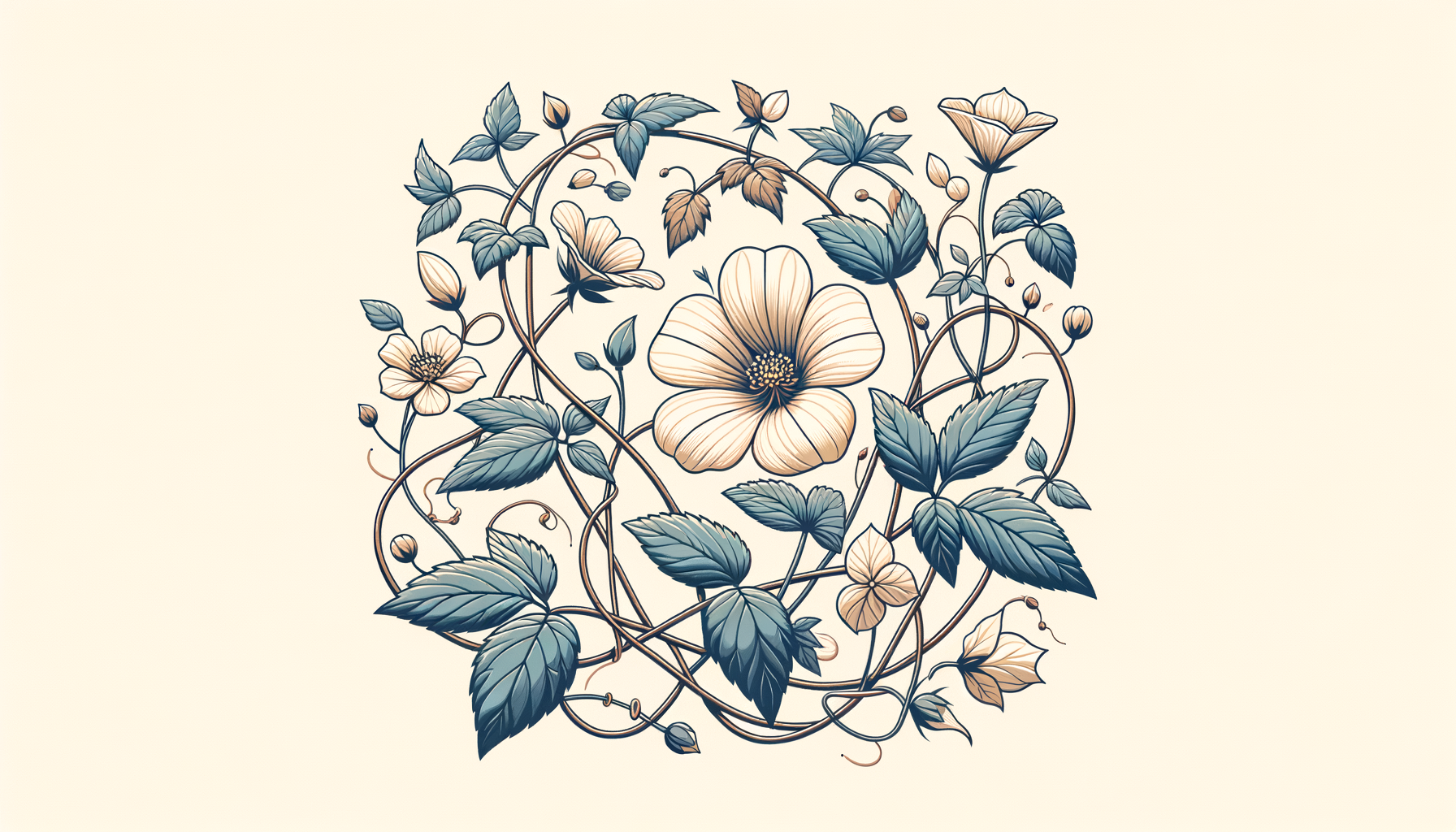It all started with a horse. Well, several horses, really, but let’s not split hairs—or manes. My childhood on a Montana ranch wasn’t your standard fairytale dream of castles and courtyards; instead, it was an endless expanse of sky, the earthy smell of hay bales, and horses that sometimes seemed wiser than the people around me. There was a clarity to that life—a raw, unvarnished truthfulness I’d grow to crave in other areas of my life. Back then, I wouldn’t have been able to articulate it, but authenticity—being real, rooted, and grounded—was about as essential to me as a well-oiled saddle.
Of course, nothing makes you question authenticity quite like watching someone try to wrangle a half-ton animal without a clue what they’re doing. Growing up, we had a steady stream of tourists trying out the "live like a cowboy" fantasy. Some were wonderful folks, eager to learn. Others? Less so. I’ll never forget the businessman in Italian loafers who nearly face-planted after awkwardly mounting a mare named Tilly. His belt buckle might have screamed “Rodeo Star” in his mind, but the rest of his vibe said “Corporate Team-Building Gone Wrong.” Even at 12, I knew pretending to be someone you’re not was a recipe for disaster. Tilly agreed.
And that’s the thing: life has a funny way of nudging you—sometimes gently, sometimes with the force of a galloping gelding—in the direction you’re meant to go. Whether it’s horses, relationships, or careers, authenticity is non-negotiable. So, when I chose to explore writing about dating and relationships for This Publication, I wasn’t straying from my roots; I was leaning into them.
Why Cowboy Wisdom Works for Dating—And Why I Care About Sharing It
Picture this: You’re a teenager in high school, living in a town so small that “downtown” consists of a post office, a gas station that doubles as a diner, and a hardware store that inexplicably sells cowboy boots and snow blowers. Romantic options? Limited, to say the least. If someone smiled too long at you during third-period history, the entire school assumed wedding bells were imminent. Needless to say, any concept of modern dating apps was as foreign to us as an iced coffee in January.
But if growing up in Montana taught me anything, it’s to value simplicity—and the power of paying attention. Ranch work forces you to notice details. How’s the horse holding its head today? Did the fencing warp after that last storm? Is that steer limping, or am I imagining it? Relationships thrive on the same attentiveness: active listening, noticing patterns, picking up on unspoken cues. The land instilled those things in me—not as skills to deploy but as natural ways of interacting with the world.
There’s also a certain trust that comes with the rural way of life. Out there, there’s no room for artifice because the stakes are often too high. You don’t fake your way through driving cattle or battling -10-degree weather. Life trained me early to ask for what I needed and to create honest connections because anything else would leave you stranded—sometimes literally. I’ve brought that mindset into every relationship (and article) I’ve ever written. Real connection doesn’t come from perfect Tinder photos or rehearsed responses. It’s about being able to stand there, unvarnished, and say, “This is me.”
What Mountain Trails (and Bad First Dates) Taught Me About Taking Risks
Here’s something I learned growing up on horseback: no matter how well you plan a trail ride, something will eventually go sideways. Maybe your horse will spook at a rabbit (it happens, trust me), or you’ll suddenly realize you’re three hours from the barn and racing an incoming storm. The thing is, those moments don’t just test you—they reveal you. Do you stay calm? Panic? Blame someone else for packing light on snacks?
The same thing happens in relationships. Let’s be real: whether you’re juggling first dates or celebrating your tenth anniversary, people are complicated. Life throws curveballs. Maybe your partner double-books dinner plans, or you discover a fundamental difference you didn’t account for (you like camping; they think “roughing it” means no room service). Dating, like riding a rocky trail, is ultimately about self-discovery—how you respond to challenges teaches you more about yourself than it does about your partner.
Personally, I’ve gotten better at laughing those moments off. Like the time I went on a date with a self-proclaimed survivalist who smugly ordered something called “the Off-The-Grid Seafood Platter” at a trendy fusion restaurant. (Spoiler: it was overpriced shrimp cocktail, and I don’t think he would’ve lasted a day in the wilderness.) He kept going on about building a life “on his terms,” but when our waiter brought the wrong side dish, his meltdown rivaled a toddler denied dessert. I learned two things that night: 1) People who talk big about grit don’t always have it, and 2) integrity is about staying grounded even when the mashed potatoes never show up.
The Joy—and Necessity—of Becoming Your Own Wrangler
If there’s one takeaway from my parental and equine-filled upbringing, it’s that no one’s coming to rescue you. Sure, my parents were there to patch up scrapes and set expectations, but in the end, it was up to me to saddle up (yes, metaphorically, but also literally). And in relationships, every person is their own wrangler.
What I mean is this: If you’re relying on someone else to validate your self-worth—whether it’s a romantic partner, a best friend, or even the TikTok comment section—you’re setting yourself up for heartache. Self-respect, boundaries, knowing what you bring to the table? That’s basic ranch-hand self-sufficiency right there. I love writing about this area of dating because it’s an empowering reminder that connection starts with yourself.
Some tips for becoming your own wrangler? Glad you asked:
-
Tune into your instincts. Just like you’d keep an eye on storm clouds rolling over the mountains, trust your gut when something feels off. That initial hesitation about asking someone out or a flicker of unease in a relationship isn’t something to brush off—it’s emotional weather forecasting.
-
Learn to be alone. When you grow up surrounded by 10 acres of nothing but sagebrush and the occasional deer, you get comfortable with solitude. That space gives you time to figure out what matters most, something we all need before jumping into a relationship.
-
Embrace the work. Good relationships aren’t built overnight. They’re like training an untested horse: you invest the hours, you show up consistently, and you know when to let go or ride it out.
Why I Write—and Why You Shouldn’t Settle
When I got my first glimpse of an essay published in a regional magazine, the joy I felt went far beyond seeing my name in print. It struck me that I could share something meaningful—whether it was a story about the Montana wilds or a hard-learned lesson on trust—with people who might never set foot in the Rocky Mountain region. And when I pivoted to writing about relationships, I realized the same principle held true: everyone is looking for connection—sometimes to others, always to themselves.
Choosing this path felt as natural as learning to lope on my first pony. Writing about dating and relationships might not seem directly tied to my ranch-girl upbringing at first. But in the end, my approach to human connection is the same as it’s always been: instinctive, down-to-earth, and unafraid to call out the nonsense. I’ve learned you don’t need big gestures or shiny packaging to make real-life relationships work—you just need to show up, be present, and stick to what matters.
So, no matter where you are on your journey—from the early sparks of flirtation to the deep-rooted joys of commitment—don’t let fear or surface expectations steer your course. You’re your own wrangler, after all. And trust me: if a scrappy Montana ranch kid can figure it out, so can you.




















